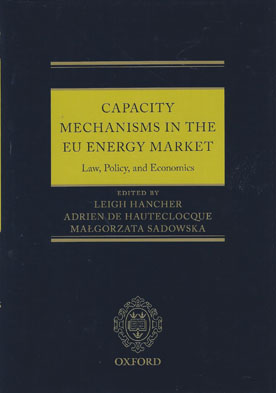
Ensuring an adequate, long-term energy supply is a paramount concern in Europe. The security of a country's energy supply must be guaranteed, and within the EU individual member states are acting in order to safe-guard future energy production.
Governments now intervene by encouraging investment in generation capacity, offering an additional revenue stream for conventional power plants in addition to the existing, heavily subsidised investments in renewable energy sources.
These capacity remuneration mechanisms (or simply capacity mechanisms) have become a hot topic in the wider European regulatory debate. European electricity markets are increasingly interconnected, so the introduction of a capacity mechanism in one country not only distorts its national market but may have unforeseeable consequences for neighbouring electricity markets.
If these mechanisms are adopted by several member states with no supra-national coordination and no consideration for their cross-border impact, they may cause serious market distortions and put the future of the European internal electricity market at risk.
hese national developments are giving great cause for concern, and without a clear understanding of capacity mechanisms and their potential consequences it is difficult to predict the impact these measures will have on the internal European electricity market. This book provides readers with a thorough explanation and analysis of capacity mechanisms, written by an expert team of policy-makers, economists, and legal professionals.
It will be a first point of reference for regulators and policy-makers responsible for designing optimal capacity mechanisms in Europe, and will be an invaluable resource for academics and practitioners in the fields of energy, regulation, and competition.